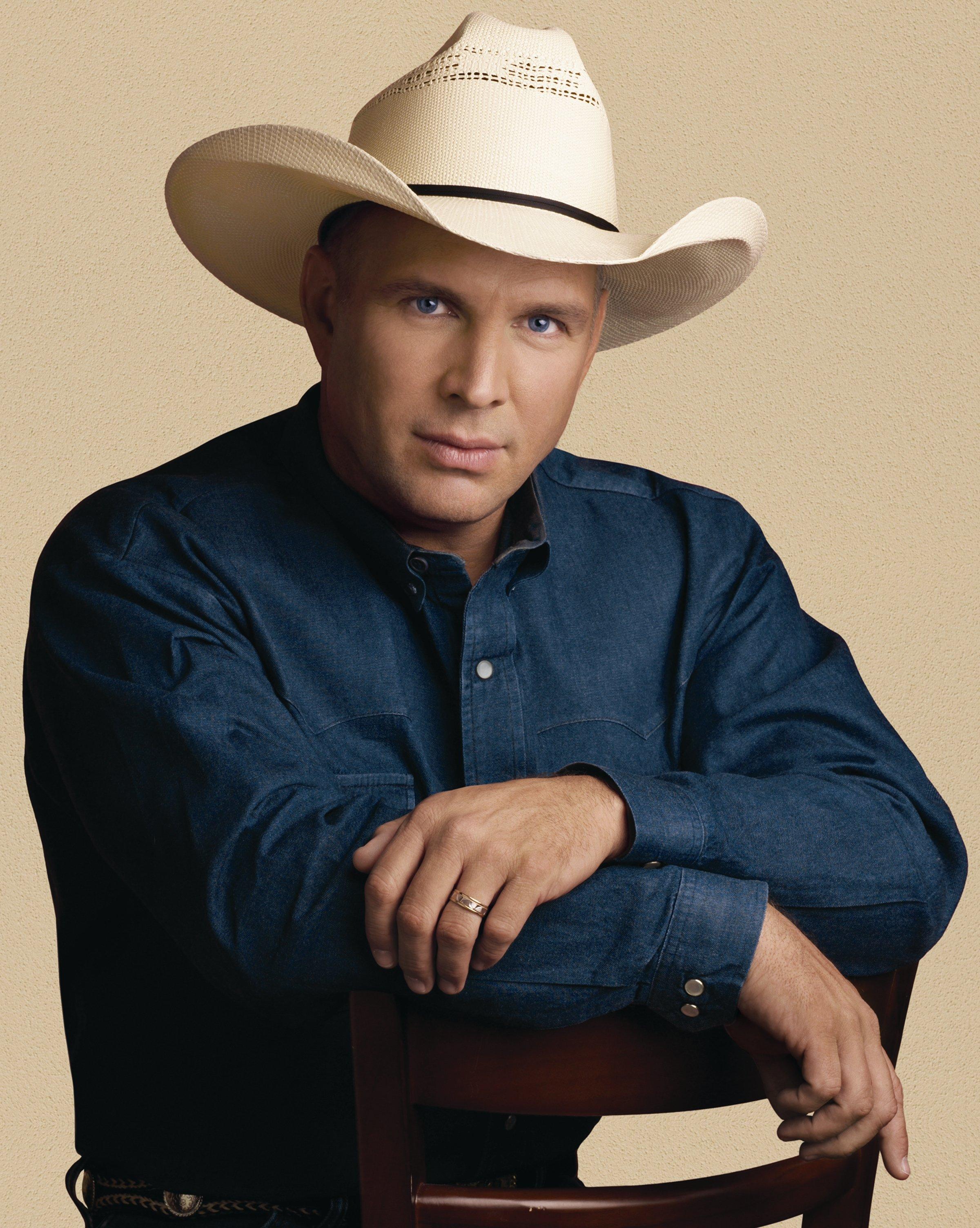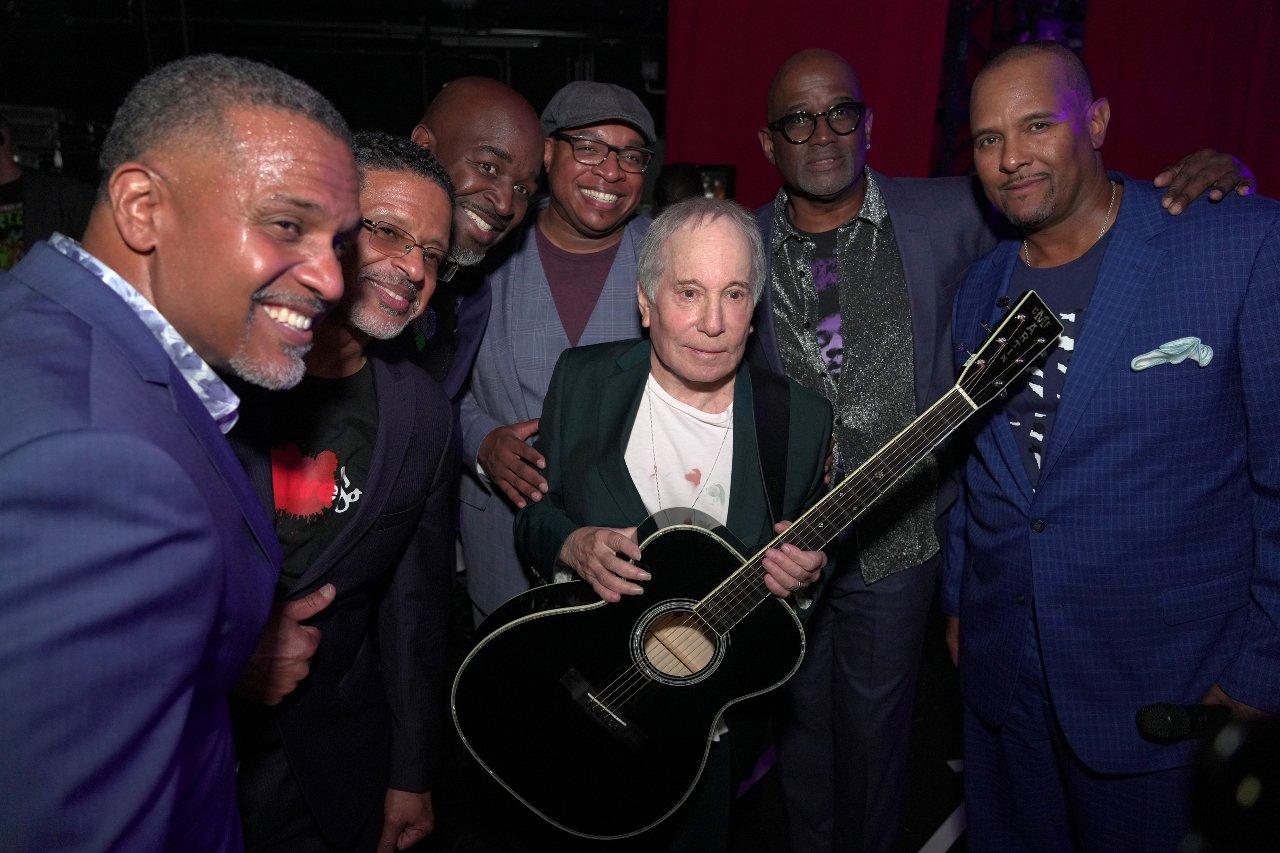Often referred to as "Washington's most interesting mix of music and politics," honorees for the 2010 GRAMMYs on the Hill Awards were announced today by The Recording Academy. Two-time GRAMMY Award winner Garth Brooks, U.S. Senate Majority Whip Dick Durbin (D-Ill.) and U.S. Representative Darrell Issa (R-Calif.) will be honored for their work in improving the environment for music creators.
Taking place in Washington, D.C., this year's GRAMMYs on the Hill events include the awards ceremony on April 14 and an advocacy day on Capitol Hill on April 15, at which hundreds of music professionals from across the country will visit with legislators to advance pro-music policies that improve the environment for music and its makers.
"This year's honorees truly define leadership, and GRAMMYs on the Hill gives us the opportunity to thank our political and musical leaders for their work to advance the rights of music makers," noted Recording Academy President/CEO Neil Portnow. "As one of the most popular and philanthropic artists, Garth Brooks is an inspiration to musicians and fans alike. Senator Durbin's leadership in the Senate translates into effective support for the music community, and Representative Issa has been a leader on creating a fair performance right for artists and truly understands the potential for the partnership between music and technology. It is more important than ever for our members and the music industry to come to Washington and help advance the rights of music creators through direct advocacy on Capitol Hill."
Taking place at the Liaison Capitol Hill hotel, GRAMMYs on the Hill Awards will include a cocktail reception preceding the awards ceremony with special guest presenters and performers to help recognize the achievements of Brooks, Durbin and Issa. Past honorees have included then-Senator Hillary Rodham Clinton, Sen. Orrin Hatch (R-Utah), Rep. Steny Hoyer (D-Md.), the late Senator Ted Kennedy, two-time GRAMMY winner Kelly Clarkson, and 27-time GRAMMY winner Quincy Jones.
GRAMMYs on the Hill Advocacy Day for music makers features a morning briefing with keynote speeches by leading legislators, lobbying members of Congress, and an afternoon musical event on Capitol Hill with special guests. Past events have featured Clarkson, Gloria Estefan, and BeBe Winans.
Certified by the RIAA as the No. 1-selling solo artist in U.S. history, Brooks has sold in excess of 128 million albums and is the top-selling solo artist of the 20th century. His body of work, including the groundbreaking No Fences, Ropin' The Wind, The Hits, and Double Live propelled country music as a genre to the front pages of newspapers worldwide and the covers of magazines. Brooks became the first artist to put out a simultaneous edition of his latest collection for a charitable cause when the launch of the pink edition of The Ultimate Hits was available only at the Susan G. Komen Web site in fall 2007.
Durbin was elected by his fellow Democratic senators in December 2006 to the post of Majority Whip, the Senate's second-highest ranking position. Durbin, a Democrat, is the 47th U.S. Senator from the State of Illinois (Springfield) and the first Illinois senator to serve on the U.S. Senate Appropriations Committee in more than a quarter of a century. He serves on the Senate Judiciary Committee, which oversees many of the issues most important to the music community, and has been a defender of intellectual property and protecting music as an economic force and cultural treasure.
Issa represents the people of California's 49th Congressional District in the United States House of Representatives. In Congress and as a leader in California's grassroots politics, Issa has championed the cause of smart, efficient government. An original sponsor of the Performance Rights Act, Issa has been a leading force behind creating parity across broadcast platforms by providing artists with a radio performance right. He serves on the House Judiciary Committee and has participated in a number of Recording Academy programs, including the GRAMMY Town Hall.
For updates and breaking news, please visit The Recording Academy's social networks on Twitter and Facebook.





